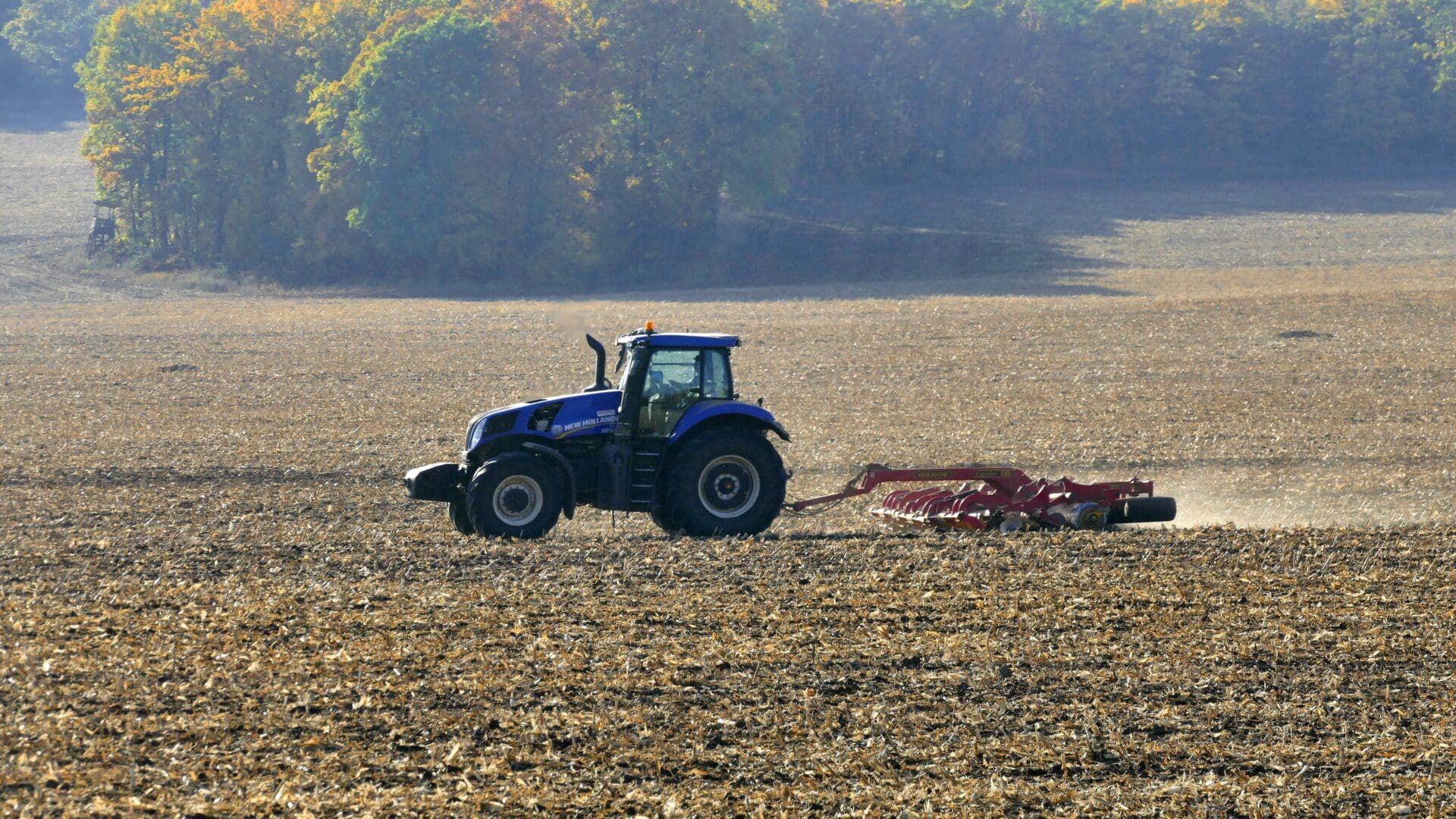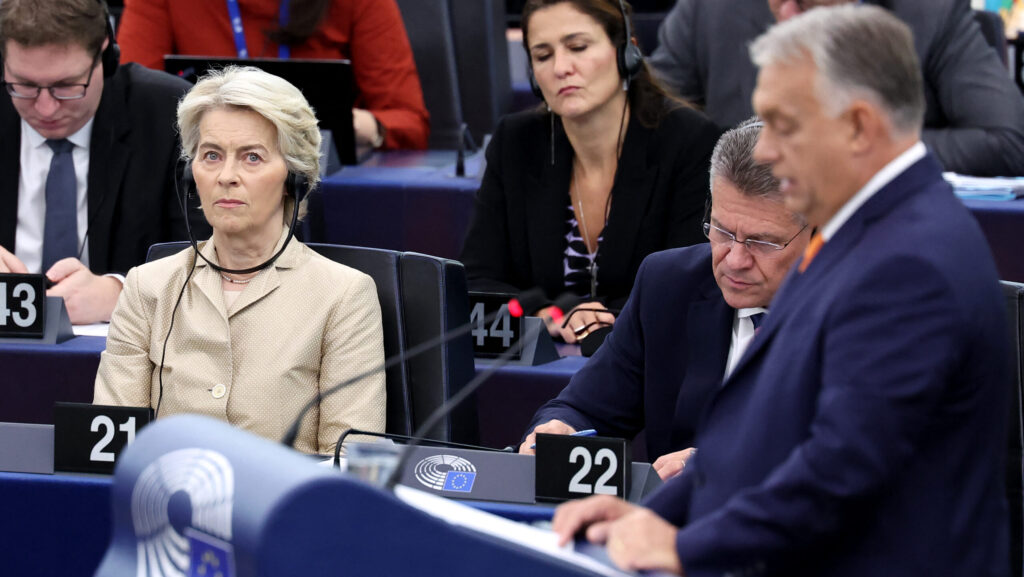Climate change has a significant impact on global agriculture, with environmental changes collectively causing further long-term food inflation in the future. This can be mitigated through adaptation, modernizing agricultural irrigation systems, breeding new stress-tolerant crop varieties, and using precision tools, a researcher of the MCC Climate Policy Institute summarized in a recent article.
The impact of climate change on agriculture depends on the extent and severity of the change, as well as the degree to which farmers and livestock breeders can adapt to increasingly extreme weather, Erik Kovács explained. Due to climate change,
persistently changing weather patterns reduce crop yields, narrow supply, and drive up prices.
This trend is visible in Europe, for example, in wheat, corn, and fruit production. Kovács recalled in his article that, according to the think tank Energy and Climate Intelligence Unit, one-third of the food price increases in the European Union and the United Kingdom in 2023 were due to climate change.
A recent study by the European Central Bank (ECB) and the Potsdam Institute for Climate Impact Research suggests that over the next decade, annual food inflation could increase by up to 3.2 percentage points due to higher temperatures. This could lead to an annual overall inflation increase of up to 1.18 percentage points by 2035, according to the study, which used data from 121 countries between 1996 and 2021 to model future inflation scenarios. The most vulnerable regions are the global South and East-Central Europe. ECB researchers found that in 2022, food inflation in Europe increased by around 0.6 percentage points due to the continent’s hot and dry summer, and EU agriculture suffered over 300 billion euros in damages. Climate change is starting to exert sustained inflationary pressure, and the debate is growing over whether central banks need to pay more attention to climate change, the Climate Policy Institute study noted.
According to a report published by the United Nations Environment Programme, the world is heading towards a temperature increase of 2.9–3.8 degrees Celsius compared to pre-industrial levels, far exceeding the targets set in the 2015 Paris climate negotiations. The rate and intensity of warming are also increasing. Last year was the hottest on record, and for 13 consecutive months, temperature increases have remained consistently above 1.5 degrees Celsius.
Agriculture is one of the most affected sectors.
Over the next decade, several key crops may become scarce,
as rising temperatures and more frequent extreme weather events hinder yield quantity, quality, and thus harvesting. For example, wheat yields are drastically decreasing, and staple crops such as rice, soybeans, corn, and potatoes are among those whose yields are plummeting in Europe and North America and could disappear from Central European farmland after 2050. This decrease in productivity leads to high food prices, causing sustained rising food inflation, the researchers warned.
Changes in climate and weather patterns also alter growing seasons and exert significant pressure on agriculture, particularly due to pests and diseases. This results in additional costs for agriculture in Europe and Hungary, which are reflected in food prices. The challenges posed by climate change for farmers mean higher input costs, for example, due to irrigation and the use of pesticides, the study pointed out.
Related articles:







